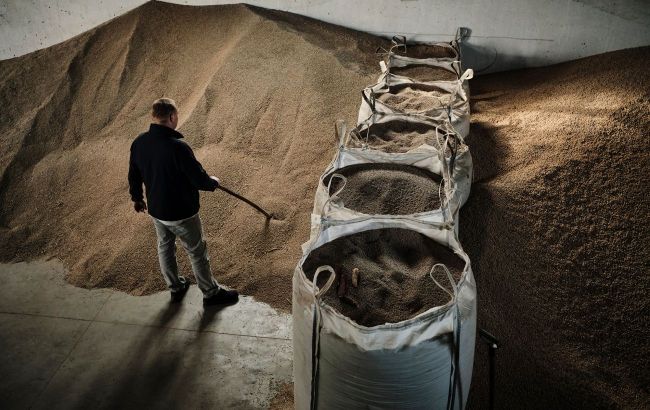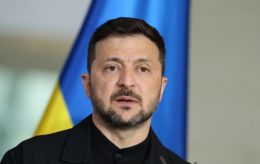Latvia publishes list of banned goods for import from Russia and Belarus
 Latvia publishes list of banned goods for import from Russia and Belarus (Getty Images)
Latvia publishes list of banned goods for import from Russia and Belarus (Getty Images)
The Latvian government has approved Cabinet resolutions regarding the list of feed and agricultural products prohibited from importation from Russia and Belarus, according to the Latvian government's website.
Latvia, as a country bordering Russia, is eager to swiftly sever economic ties with the aggressor country. This initiative serves as an additional element of the European Union's sanction policy, according to the announcement.
This resolution will come into effect on March 8.
The import ban includes:
- Vegetables and root crops, including potatoes, onions, carrots, and tomatoes;
- Berries and fruits (apples, watermelons, melons, pineapples, nuts);
- Grains (wheat, rye, corn, buckwheat, barley, oats);
- Feedstock and prepared feeds.
For more detailed information on the prohibited products for importation, refer to Regulation No. 2658/87.
Latvia's government bans import of agricultural products from Russia and Belarus
On February 22, the Latvian government voted to ban the import of agricultural products from Russia and Belarus.
The law imposes a ban on the import of agricultural and feed products from Russia and Belarus to Latvia, even if goods from the same manufacturers are imported from third countries.
The ban will come into force after being signed by the president and will be effective until July 1, 2025, with the possibility of extension if necessary.
Spain's Minister of Energy, Teresa Ribera, calls on the European Union to take a tougher stance on the import of Russian liquefied natural gas (LNG). Madrid urges Brussels to provide countries with the ability to block its supplies without redirecting them to neighbors.
Following the large-scale invasion of Russian troops into Ukraine, gas supplies from Russia to Spain doubled, accounting for approximately one-fifth of last year's gas imports. However, it is worth noting that soon the EU will allow member states to block these flows without imposing sanctions.
Finland is currently one of the few countries to benefit from the ban - the import of Russian gas to this country is practically zero.
According to Ribera, guidance is needed on how companies can exit long-term contracts with Russia under the principle of "take it or pay" while ensuring that gas is not redirected to third countries.

